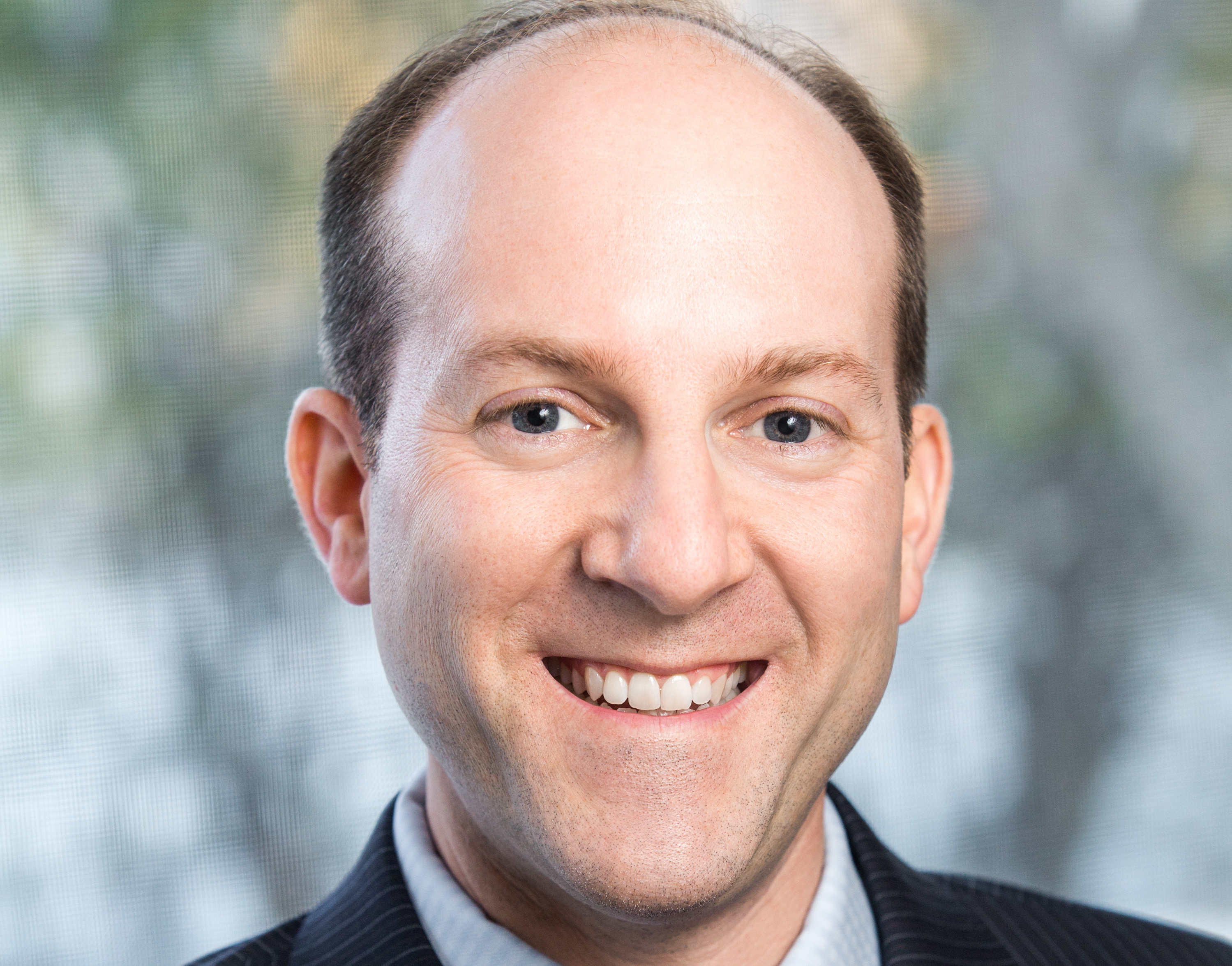 Rabbi Aaron Starr
Rabbi Aaron Starr Our guest this week is Rabbi Aaron Starr, leader of the Shaarey Zedek community in Southfield, MI. Rabbi Starr is the author of the book Taste of Hebrew (URJ Press) and Tradition vs. Modernity: The Committee on Jewish Law and Standards (CJLS) and Conservative Halachah, published in the Journal of Conservative Judaism, as well as numerous other on-line publications. He sits on the Board of Directors for Jewish Family Service of Metropolitan Detroit, Jewish Federation of Metropolitan Detroit and the Jewish Community Relations Council. He is also a member of the Rabbinical Assembly and the Michigan Board of Rabbis, and is a past-president of the Metropolitan Detroit Board of Jewish Educators. Certified in Clinical and Pastoral Education (CPE), Rabbi Starr also has received numerous awards for youth work and for adult education.
This week’s portion – Parashat Devarim (Deuteronomy 1:1-3:22) – is the first portion from the book of Deuteronomy. In this parasha, Moses begins his review of the story of the people of Israel in the 40 years following their exodus from Egypt. In his narrative, he recalls events such as his appointment of Judges and magistrates; the wandering through the desert; the sending of the spies; the people’s spurning of the Promised Land; the wars fought against the Emorite kings; and his own words of encouragement to his successor Joshua. Our discussion focuses on the role of water and words in the parasha, on their power to build and their power to destroy.





















 More news and opinions than at a Shabbat dinner, right in your inbox.
More news and opinions than at a Shabbat dinner, right in your inbox.